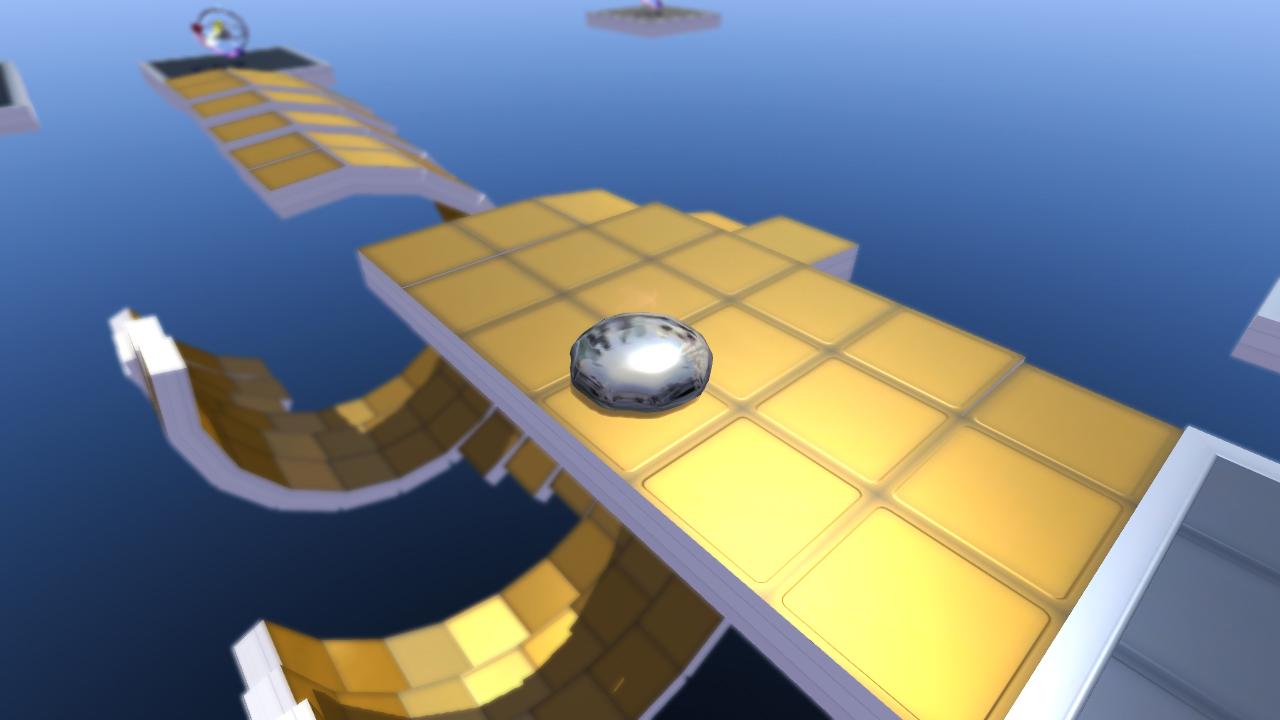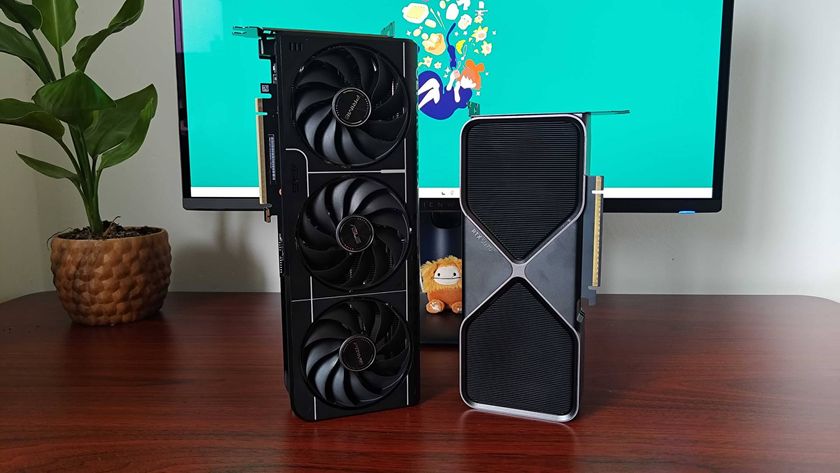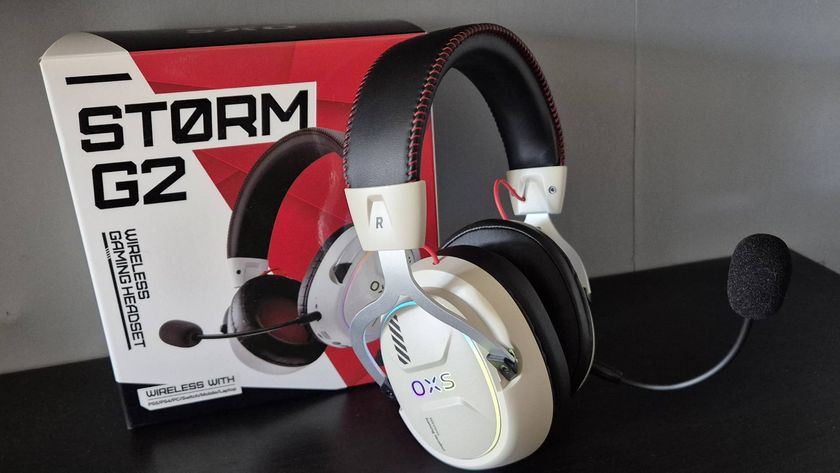12DOVE Verdict
Pros
- +
Pleasant throwback to Marble Madness
- +
Tense near-death moments
- +
Cool interactive music feature
Cons
- -
Could have been more challenging
- -
Doesn't take full advantage of its premise
- -
Should have had non-timed levels
Why you can trust 12DOVE
Did you know that in medieval times mercury was used as medicine? Medieval people were stupid. We now know that you’re in trouble if a thermometer breaks off in your butt (since it’s the only way to take your temperature when you’re sick, right?). We also know that mercury is totally like magic and shit and works handily for low-budget T-1000 effects. Since it likes to cling to itself, it can make for a neato stand-in for the marble from Marble Madness. Hence, Mercury Hg comes along to PSN and XBLA with the most redundant name possible for a game, but they had to call it something to distinguish it from its predecessor, Mercury, which was on PSP a few years back.

Mercury has the look of Marble Madness and the “tilt the entire world” control mechanic of Super Monkey Ball. You control a blob of mercury, guiding it along precarious platforms floating in a pleasant void, grabbing atoms along the way. The PS3 version allows for Sixaxis control, which seems a perfect fit for tilting the world, but we discovered there’s a reason the default controls use the analog sticks – as usual, the motion control is too laggy and imprecise for a game that requires speed.
Levels are nibble-sized, so it’s easy to get caught up in doing just one more and we finished the main “story” mode in about two hours, although we weren’t trying to get perfect runs, which involve trying to grab every atom while attaining the fastest possible time – if you’re the type to obsess over perfection, you’ll get quite a bit more time out of the game.
Whereas similar games require speed and precision, Mercury Hg asks for even more subtle control, since your blob can break apart. Barely skim along a platform edge and drips will break off, bleeding away your perfect score (and in Bonus levels, you have to complete them without losing a single drop). Run into any corner or sharp edge and your blob will split, which sometimes is necessary, since you also have to touch color beams to pick up colors and then re-combine your separate blobs to mix these colors. It sounds like it could get complicated, but it never does – if you’re looking for serious brain exercise you won’t find it here, but then the game is aiming for a balance between puzzling and finesse of control, and since the emphasis is on speed runs, the puzzles won’t have you sitting there staring at the screen trying to figure out what to do next.

Despite a variety of terrain features to affect your blob, including magnets, sliding blocks, hills, conveyor belts, and occasional splitting pathways, we actually felt as if the potential wasn’t plumbed. It’s a blob of self-magnetic liquid – it’s easy to imagine hundreds of possible ways to play with those physical properties (we can think of, off hand, puzzles where you have to fill a bucket with X amount of your liquid, pipes to siphon liquid to other areas, mixing your liquid with other substances to affect your viscosity and movement), but Mercury Hg only trots out a few ways to exploit the properties of quicksilver, and many of them could be done with a non-liquid protagonist. Perhaps the devs tried out more complex obstacles but found it confused focus group testers. Part of the problem is the time-based levels: if you’re in a hurry the puzzles can’t get too crazy, but the devs could have easily just sprinkled in non-timed levels to expand the repertoire.
Mercury Hg does accomplish what it sets out to do: provide a few hours of breezy racing and puzzling set to some thumping beats. Note that you can also add your own playlists and the levels will pulse along to the music, which is a nifty little feature. The game achieves some nicely tense moments as you just barely prevent your blob (or even the last tiny drop of it) from careening to its doom. We would have liked to see more inventive uses of the clingy-liquid properties of the element, but the game manages to fling a decent number of twists at the player throughout its generous helping of levels. This mercury may not heal your wounds, but it certainly won’t poison you either.
Sep 28, 2011
More info
| Genre | Puzzle |
| Description | Mercury Hg does accomplish what it sets out to do: provide a few hours of breezy racing and puzzling set to some thumping beats. |
| Platform | "Xbox 360","PS3" |
| US censor rating | "Everyone","Everyone" |
| UK censor rating | "","" |
| Release date | 1 January 1970 (US), 1 January 1970 (UK) |


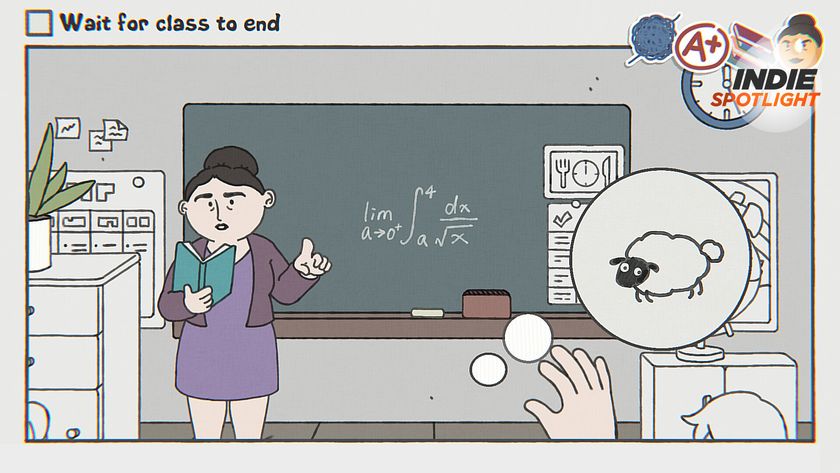



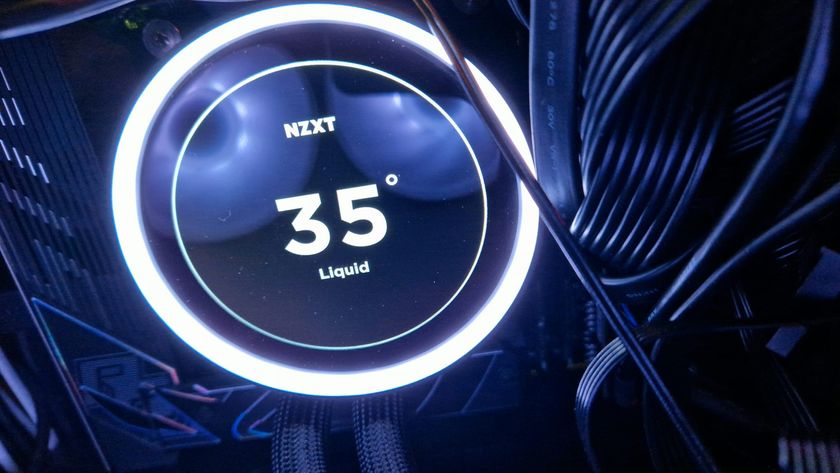
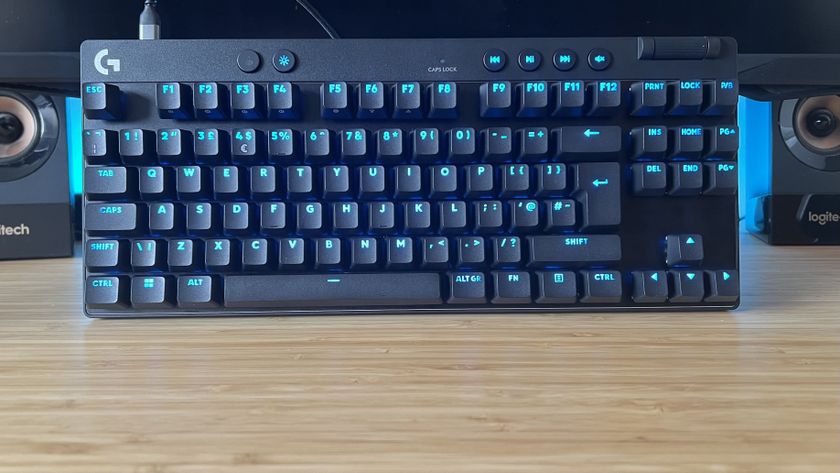


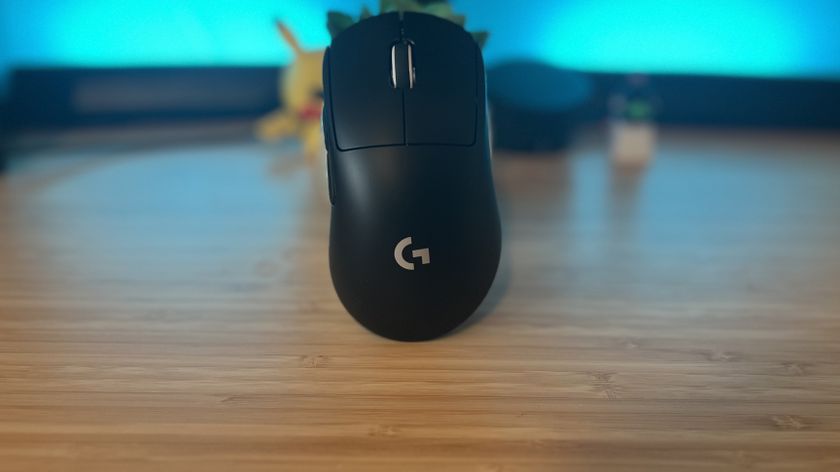

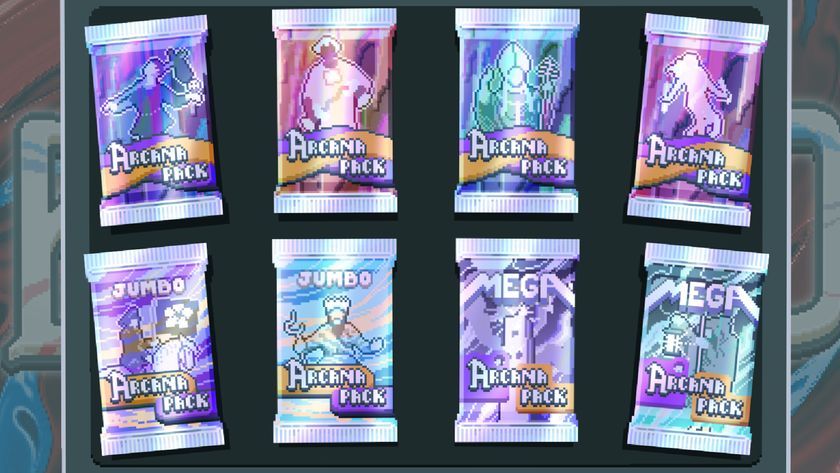
Balatro creator started "properly playing the game myself about a week before launch" and had "a pretty emotional moment" where he realized it's "actually fun"

Hideo Kojima reveals Death Stranding 2: On the Beach release date, and the Collector's Edition includes exactly what I predicted it would

Kingmakers is a strategy game about taking on medieval armies with a gun, but its devs thought the giant mech was too much
